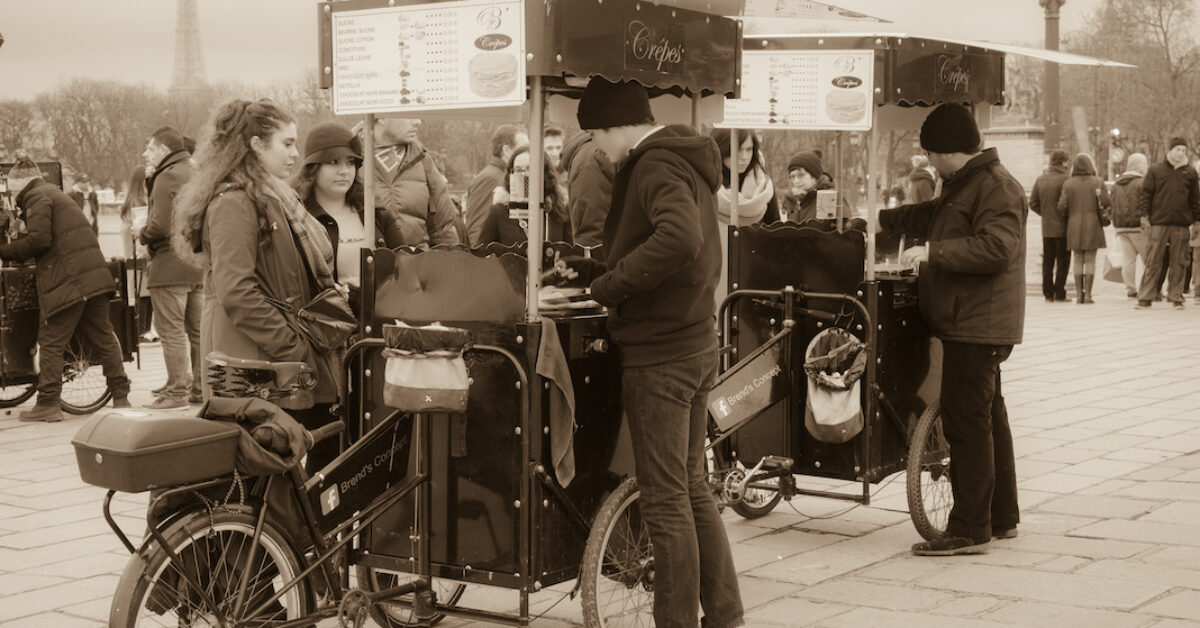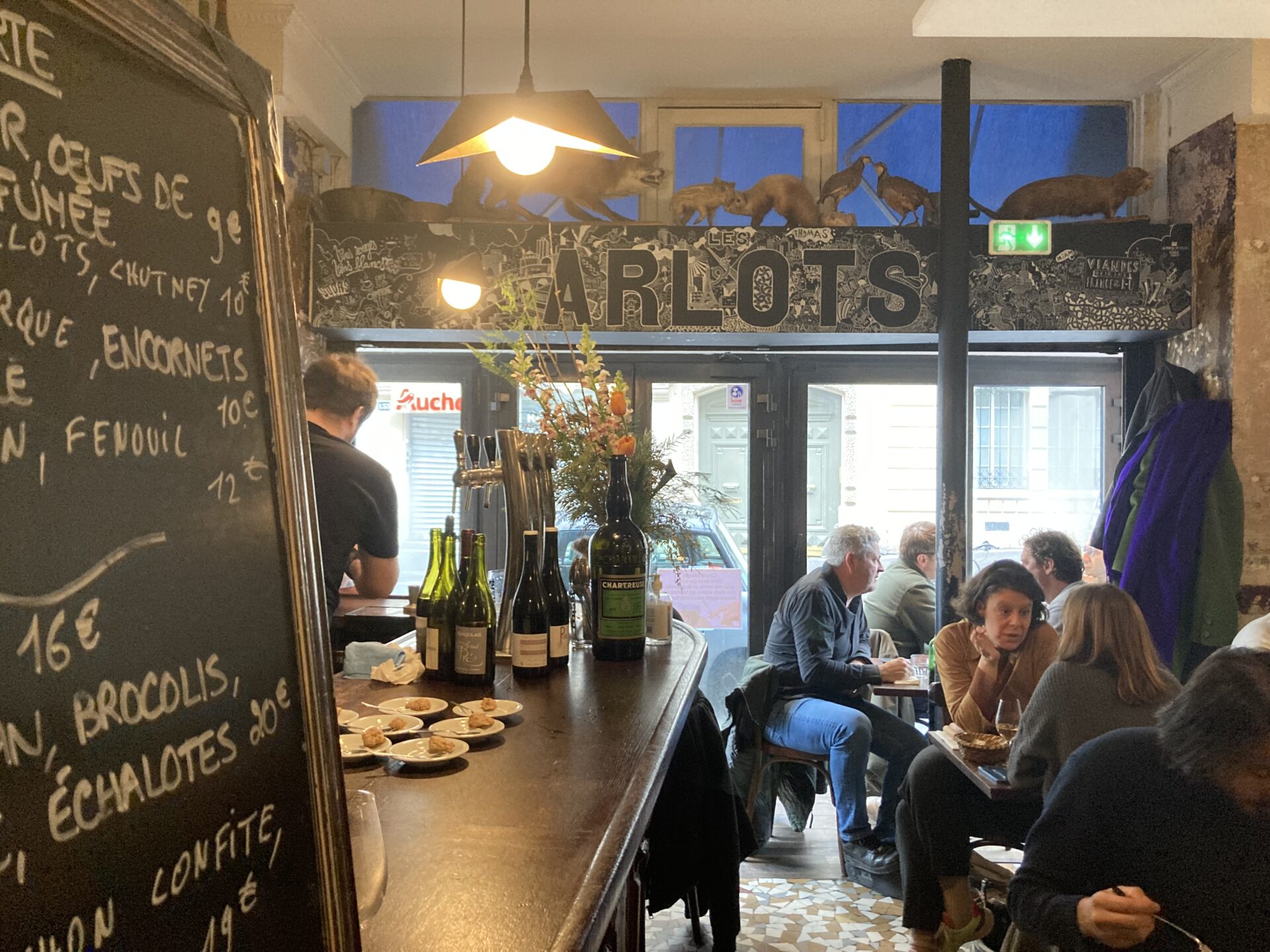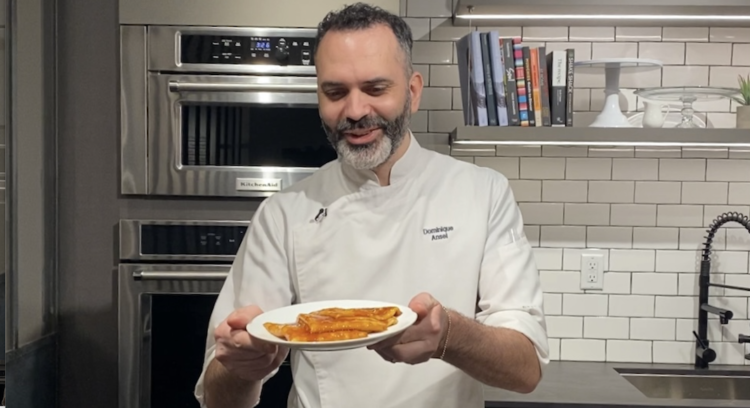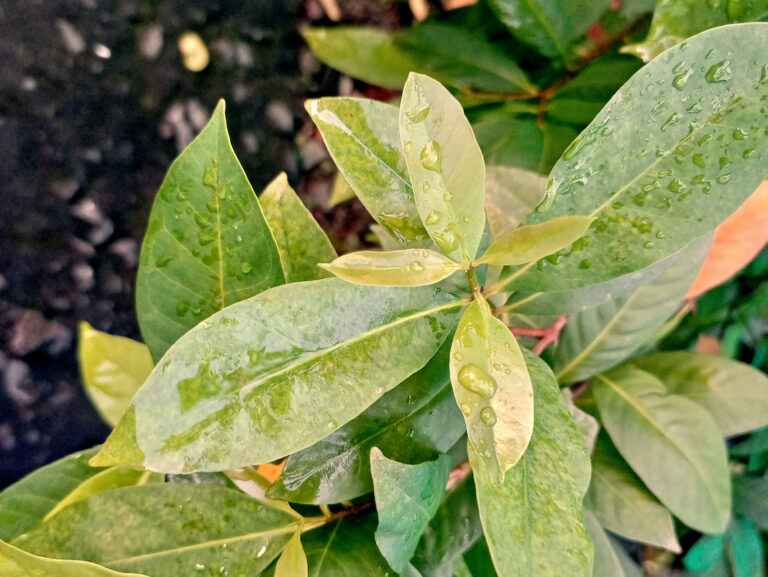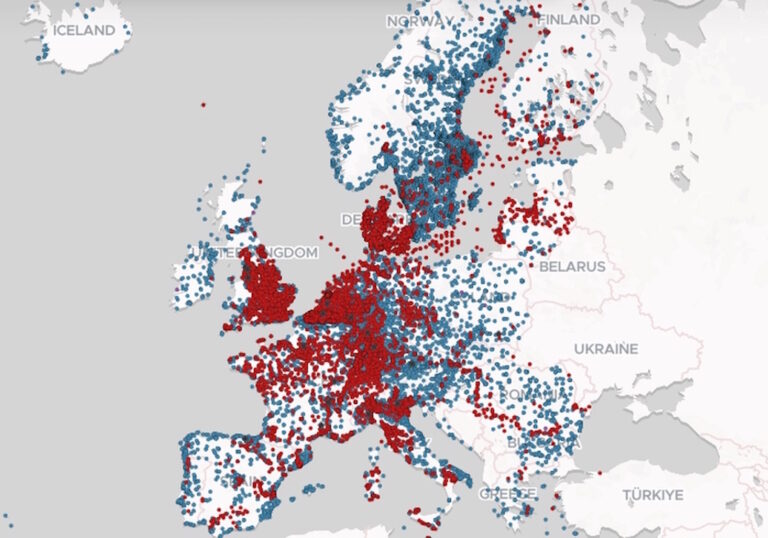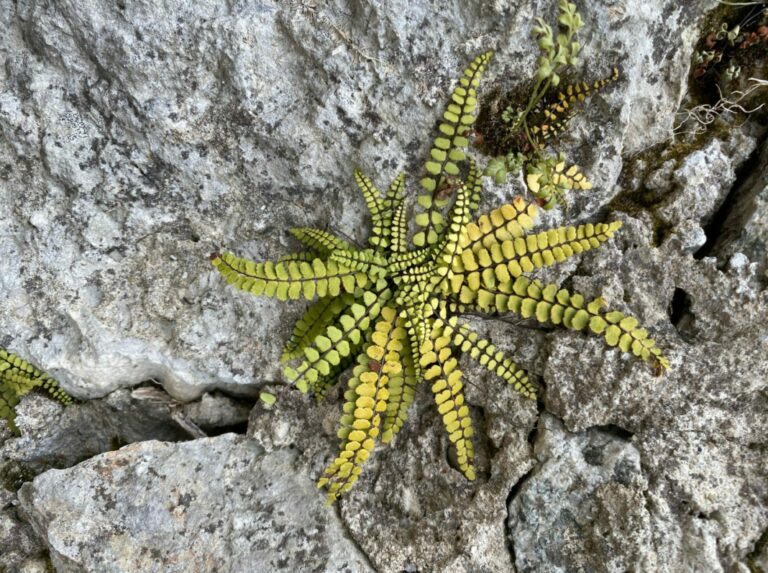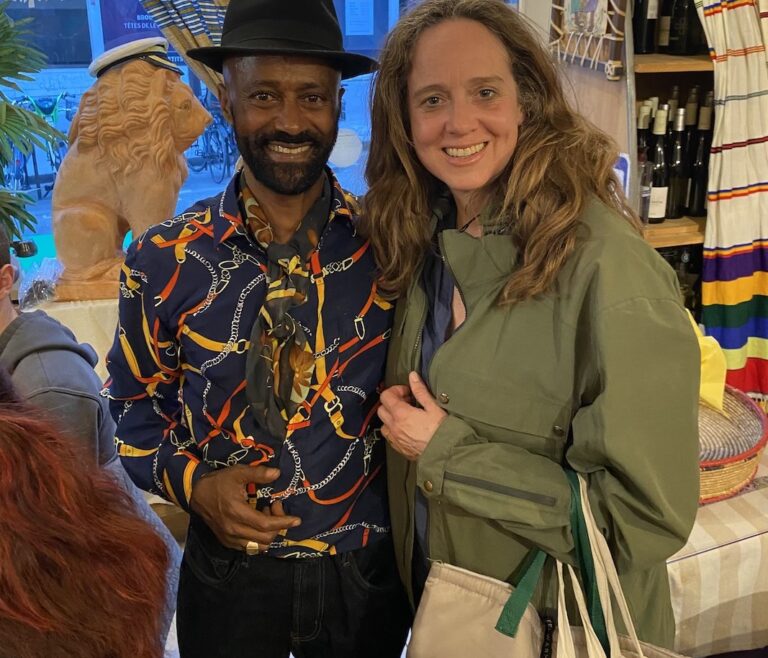February 02, 2024
Dear Frenchly Readers,
Today is a day to eat crêpes, if you are French. Savory, sweet, you name it, you load up, because today is the only day that really matters.
Here in the U.S. on Feb. 2nd, you may be craning your neck to look for a groundhog to emerge and cast a shadow. But the French are partial to the holiday of La Chandeleur, or Candlemas, when a French person could really stretch their boss’s patience to take a day off work. I mean, heck, it’s 40 days post Christmas, and it’s time to celebrate both the presentation of the baby Jesus to the world (and temple), and also the agrarian holiday of looking forward to spring.
While in the U.S. we’re definitely still at work today, and maybe wishing we weren’t, and trying to see if a woodchuck, as we call them in Maine, might give us a sign that spring is not far off, people in France are looking to the sky. Here’s why: If, on Feb 2nd, il fait beau, then France will get an early spring and a longer growing season. If il pleut, then it will rain in France for 40 more days. Tant Pis!
It seems uncanny that just when the French are trying to figure out whether they will be tortured with 40 days of non-stop rain, French farmers are coming off of a win, as the government, just yesterday, made concessions with the protesting farmers’ unions. The farmers themselves, for their part, brought their tractors, signs, and bodies to gain attention for some core issues by blocking major roadways across the country. As Le Monde reported, “Farmers had been out in force for more than a week in protests triggered by an agricultural fuel duty hike, complaining their pay is squeezed, taxes are too high and regulations too onerous.”
Now, I have a few things to comment on here. The first is just how incredibly amazed I am that farmers can come out in a country, any country, and be seen, heard, and make change…in the course of a week.
In 2016, I published a nonfiction book called Modified. Part travelogue, part memoir, and part history and science about the pesticides bred into and sprayed onto our food, the book looks at bees, the Great Plains and American Midwest, regulatory capture, and differences between Europe and the U.S. I had the great fortune to travel with German beekeepers (and meet a wonderful French beekeeper, Olivier Belval) as they went to the E.U. to ban certain pesticides. I also met farmers and activists across the U.S. and investigated some mafia-like characters in Oaxaca. In that book, a Nebraskan corn farmer whom I profiled said to me, “We know that here in flyover country, for the most part, we don’t get paid attention to. Life happens on the coasts where the news gets made and the movers and shakers are. We’ve kind of been left alone out here–good, bad, or indifferent, that’s just how it’s been.”
But French farmers are not left alone, for better or for worse, in flyover country, with no one hearing from or seeing them. Quite the opposite. This week, French farmers had complaints about access to water and water storage, unfair competition, stringent environmental standards, and taxes on non-road diesel vehicles (farm vehicles). All valid. All heard.
However, French farmers also wanted a suspension of some of the regulations that are being imposed by France or the E.U. on pesticides. France has very good data tying glyphosate to Parkinson’s disease. Glyphosate comes from the U.S.-based company, Monsanto, also the makers of agent orange, and is used as a weed killer in conjunction with GMO corn and soy. French farmers who use glyphosate are getting Parkinsons at alarming rates. And the government is giving them money for their medical care.
The French farmers, battling competition from other countries that have less stringent rules, want to be able to use more, not fewer, pesticides. In a mind-bending paradox, despite the evidence of the link between Parkinson’s and certain cancers to glyphosate, farmers want to use more of the weed killer, and they want to be able to spray it closer to towns and municipalities, too. And they got what they wanted this week: As of the concessions, Le Monde reports, “There will be a ‘pause’ in France’s national plan for reducing pesticide use, Agriculture Minister Marc Fesneau said. The ‘Ecophyto’ plan ‘will be put back on the drawing board… for as long as it takes to re-work some of these aspects, to simplify it,’ Fesneau added.”
This, in my opinion, is not a good idea. We should be going in the opposite direction. This is myopic, at best. Read on for why I say that.
But first, here’s a win: France will ban cheaper food from other countries that is treated with the neonicotinoid “thiacloprid, a neonicotinoid pesticide already banned in France,” says Le Monde. (Neonics are a class of pesticide that is soaked into a seed and is expressed in all parts of the plant; it is blamed for the demise of bees. I wrote about that in Modified, too.)
Another win: France’s government is promising more money to help the organic sector, which is booming in France.
President Macron has said he will take the farmers’ concerns to the E.U. and try to find a way forward for all European farmers. (Macron famously campaigned on a promise to significantly reduce pesticide use in France by 2030.)
Here’s where I shake my head: One of the countries most able to grow beautiful food is France. There are mountains and plains and coastal areas and inland fields. It is one of the richest breadbaskets in the world, and the French are more than able to feed their own quite well. And, in a nutshell, that is part of the issue–farmers in France want priority, with less competition and fewer costs. Enter globalization and transatlantic partnerships.
The problem, as I see it, is that using more pesticides will not equal fewer costs in the long term. The costs will come, instead, in the form of hospital bills. It will come at the cost of more children with autoimmune diseases, autism, and endocrine disruption. It comes at the cost of insect and bird mortality, which will affect the entire ecosystem, making it so we need more pesticides as we have less birds to eat the insects (this is logic, but not logic Monsanto wants you to use). It will affect the planet as most pesticides are petroleum based, or by-products of fracking. You see how this is all tied together? “‘It’s a poisoned chalice for the farmers,’ Marie Toussaint, a Green member of the European Parliament said on Friday,” reports France 24.
What is also refreshing to me is that this discussion about food and pesticides and what’s affecting farmers and agriculture–it’s right out in the open. On the front page of Le Monde, at the E.U., on the signs farmers are holding up from atop tractors blockading roads around Paris. It’s on the signs from the concerned mothers and fathers—and anyone else with an environmental soul. Again, no flyover country over there, where secret plots of toxic plants are being grown, secret chemicals being sprayed, and no one pays any attention until they get cancer. And then it’s too late.
À cuisiner, boire, regarder et lire ce weekend:
It’s time to make the crêpes! Here you can make your own with Dominique Ansel’s crêpes Suzettes…and put some nice, organic honey on top! And here’s an article all about La Chandeleur, in case you want to get in on the fête. You still have time to make crêpes for dinner tonight.
One of my favorite articles this week was this one about Cat-Men. Dudes need to love cats if they want love from other humans. (Don’t worry, Dan, you’re all good; you and Hemingway—our cat, not the guy—are paragons of good men.) And then there’s this weird story about the disgraced Gerard Depardieu, who went to North Korea and acted like a creep. There’s a documentary about it, but no one’s seen it; still, people are furious about it. And with good reason, he’s so revolting I could barely read the article.
Next week, the incomparable Barbara Kingsolver is taking her masterpiece, and, IMHO the Great American Modern Novel, Demon Copperhead, to France—she’ll be in Vincennes and at the American Library. Over there, it’s called “On m’appelle Demon Copperhead.”
And Disco Boy, a new and unsettling movie about the French Foreign Legion, is just out. Next week, The Taste of Things. We all love Juliette Binoche; here’s a look back at her career.
À bientôt,
PS: If you like these Le Weekends, please forward them. Frenchly is growing and improving and we want as many people to know about our writers and interesting subjects as possible!
Did you get forwarded this email? Sign up here on our homepage at the sign-up widget to receive this newsletter every Friday in your inbox. I’ll give you news, films, recipes, books, stories and more every Friday afternoon to help you plan and enjoy your weekend! All for free!
If Le Weekend is going in your junk or spam or promotions box, please add us to your contacts by clicking on the address and hitting “add contact” or by dragging “Le Weekend” into your regular inbox, so you don’t have to hunt for it each week.
If you have missed any of my Le Weekends or are new to this newsletter (or just want to go find a TV show, podcast, singer, movie or recipe I once mentioned) they are all here on Frenchly.us.
Come find us on Twitter, Instagram, or Facebook.
And to advertise with us, contact our great sales team here.

